Is It Sinful to Keep a Record of Wrongs? Debunking Myths and Finding Balance
Introduction
In the complex landscape of relationships, forgiveness, and emotional healing, the question arises: Is it sinful to keep a record of wrongs? Darby Strickland’s thought-provoking article delves into this dilemma, offering nuanced perspectives that challenge conventional wisdom. Let’s explore the key takeaways and find a balanced approach.
1. The Power of Love and Clarity
- Love doesn’t cling to past hurts, but for abuse victims, keeping a record becomes a necessary tool. It’s not about harboring resentment; it’s about discerning patterns.
- Abusers often misuse 1 Corinthians 13:5 to silence victims. They twist the verse, dismissing concerns and adding guilt. But love seeks truth, not suppression.
2. Decoding “Keep No Record of Wrongs”
- Interpretation 1: Love doesn’t dwell on past hurts. While this applies in many contexts, ongoing abuse requires a different lens. God calls us to expose evil deeds (Ephesians 5:11).
- Interpretation 2: Love refrains from attributing evil motives to others. However, when actions reveal a lust for power and control, we must be alert (Proverbs 2:9–15).
3. Scriptural Guidance
- Luke 17:3: We’re instructed to rebuke those who sin against us. Addressing an abuser’s behavior is an act of love.
- Remembering Suffering: God doesn’t ask us to forget the evils we’ve endured. It’s not unloving; it’s discernment.
4. Crafting a Balanced Approach
- Record Keeping: Victims may need to document their experiences for safety and healing. It’s not sinful; it’s self-preservation.
- Love and Justice: Love seeks justice while extending grace. We can remember without bitterness.
- Compassion: As we navigate this issue, let’s prioritize compassion for those who have suffered.
Conclusion
Keeping a record of wrongs isn’t inherently sinful. It’s a tool for healing and protection. Love doesn’t ignore evil; it confronts it with wisdom. As we engage in this conversation, let’s honor the complexity of human experiences and extend grace to one another.







One Comment